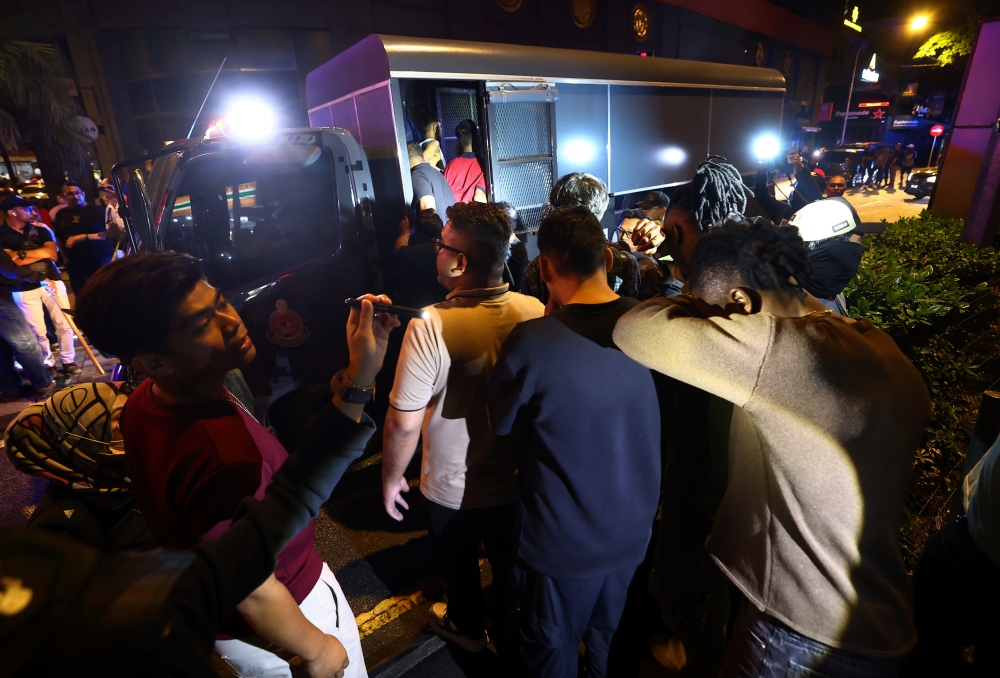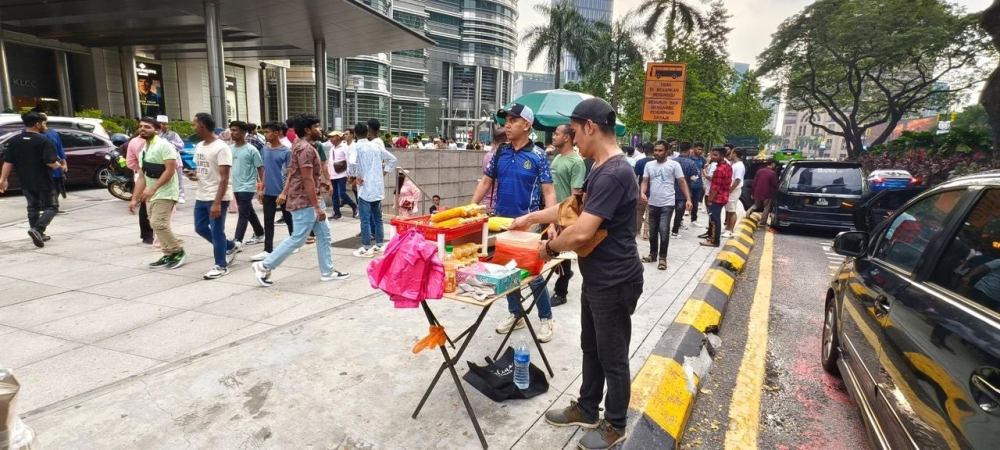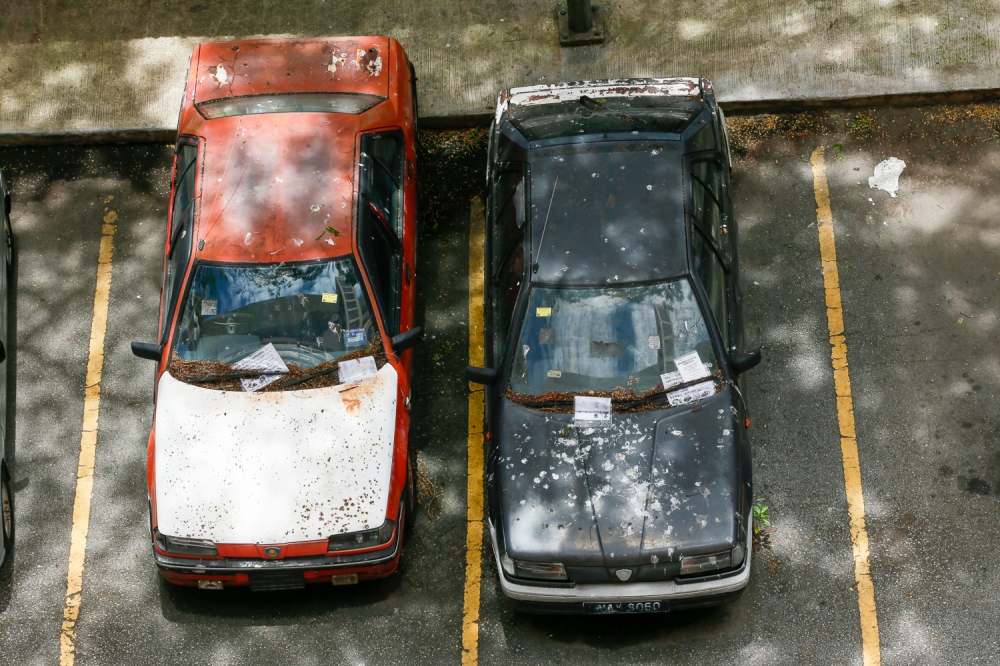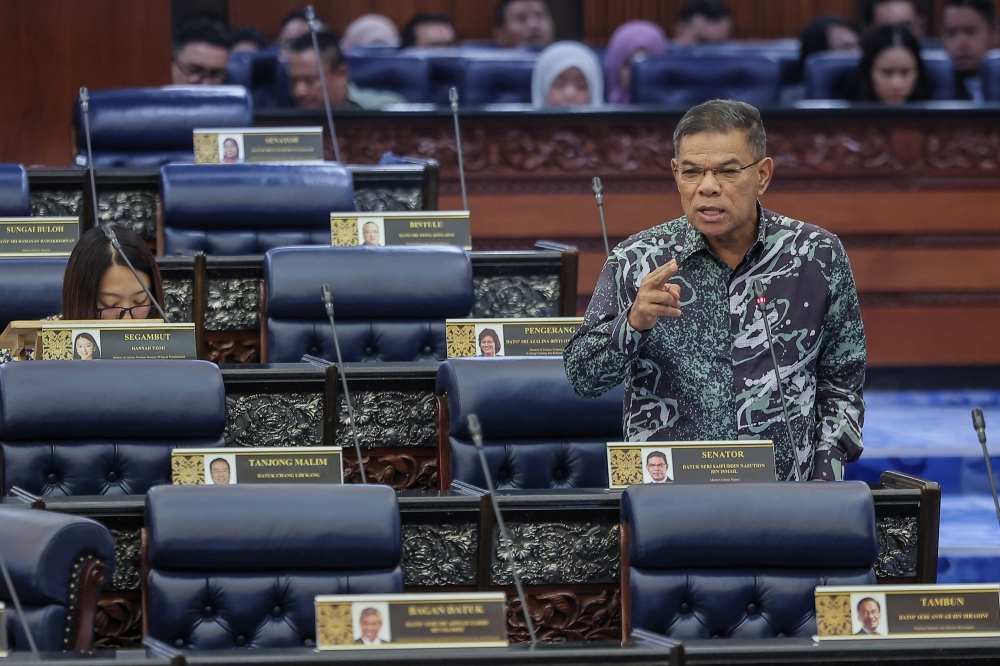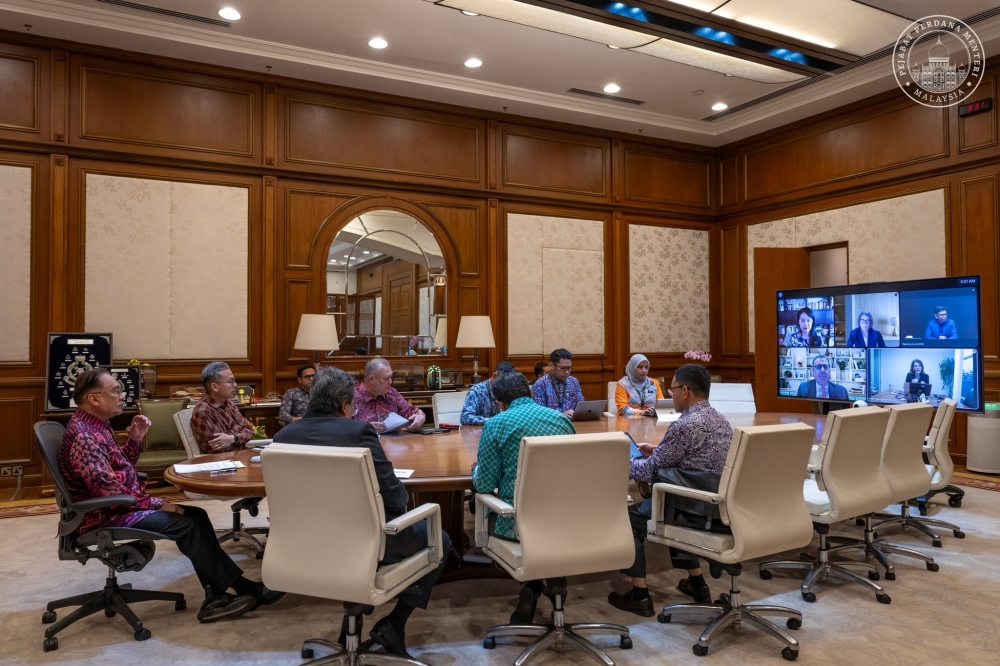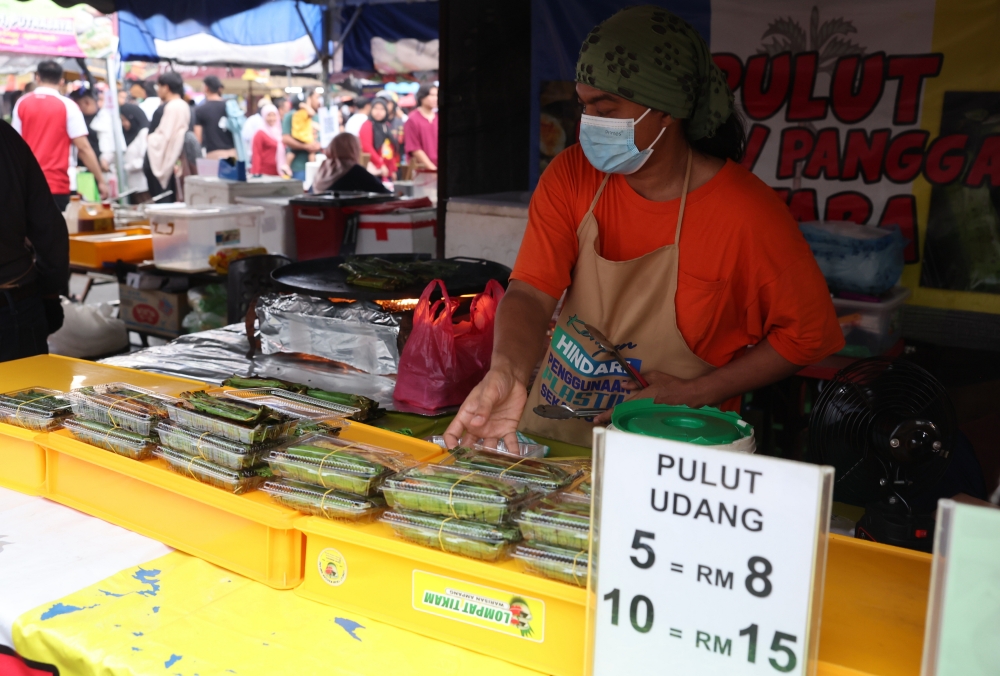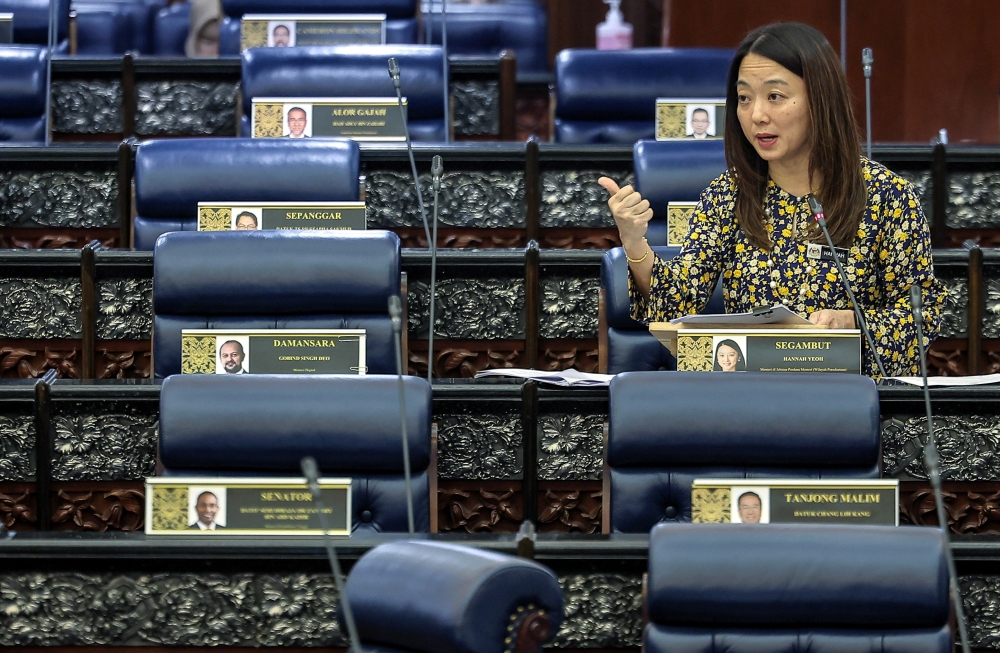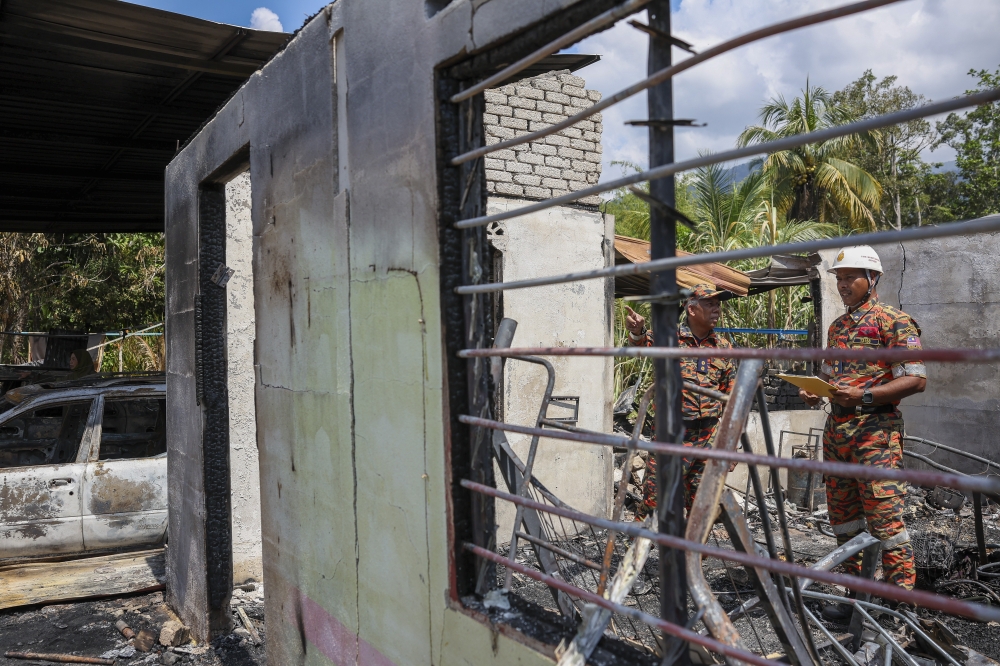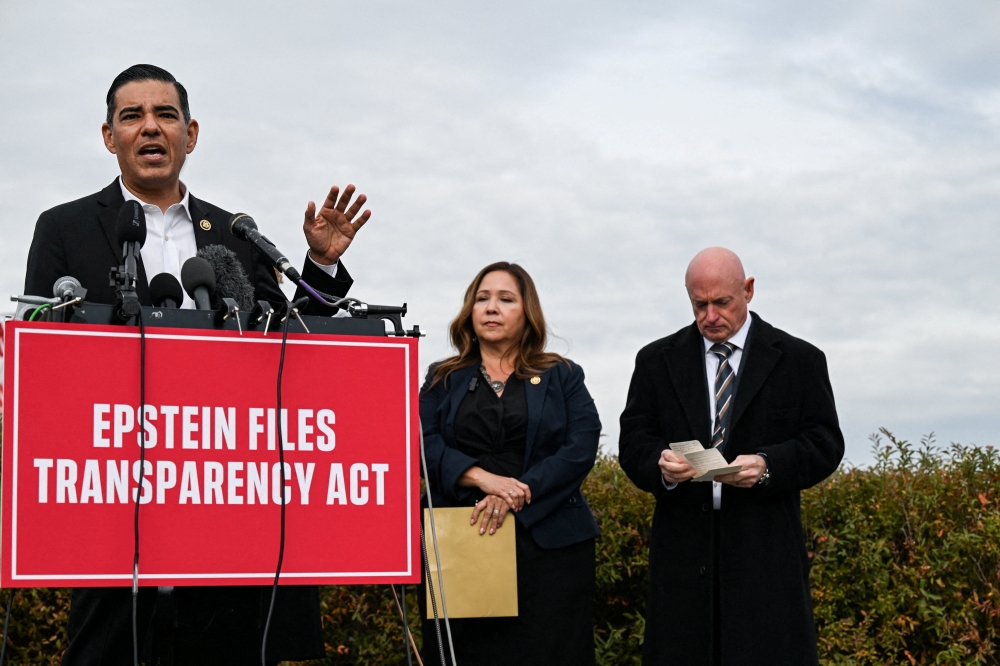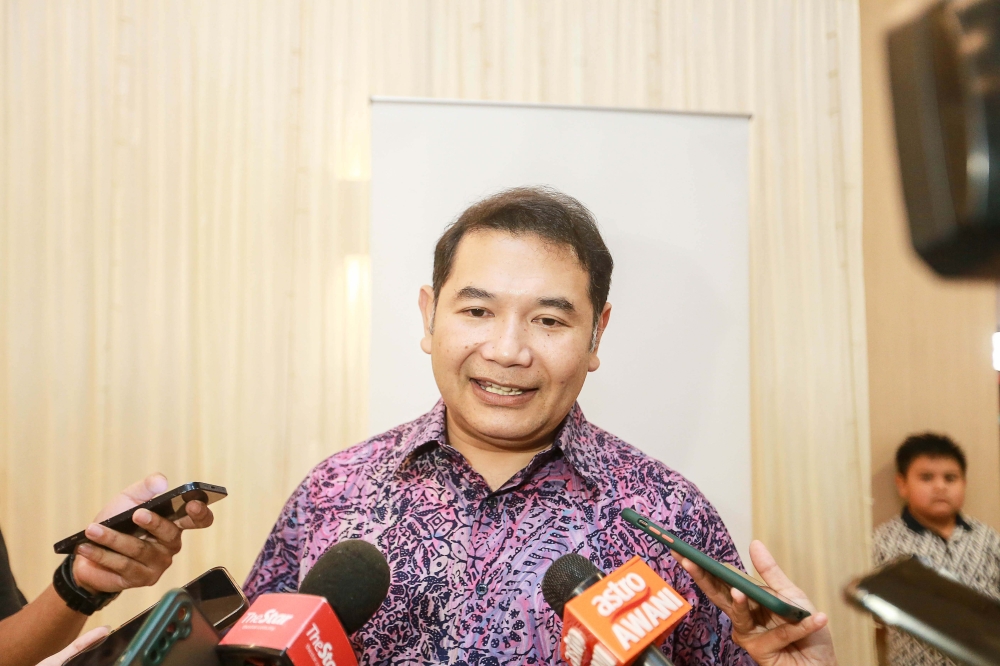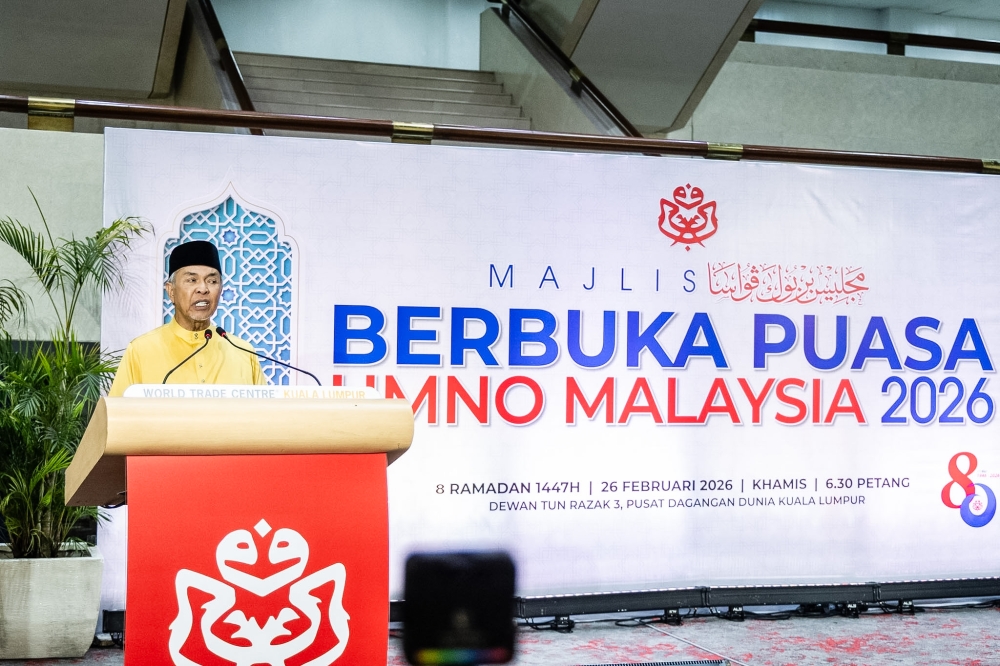KUALA LUMPUR, Feb 8 ― The government’s crackdown on those who spread disinformation related to the 2019 novel coronavirus (2019-nCoV0) on social media has raised some interesting debate within the legal circles.
Several lawyers Malay Mail contacted said the Attorney General’s (AG) decision not to charge those who did so using Section 233 (1) of the Communications and Multimedia Act but instead Section 505 (b) of the Penal Code was a good one as it has a clearer definition and is not prone to abuse.
Section 505 (b) states: Whoever makes, publishes or circulates any statement, rumour or report — with intent to cause, or which is likely to cause, fear or alarm to the public, or to any section of the public whereby any person may be induced to commit an offence against the State or against the public tranquillity.
Lawyer Syahredzan Johan said the usage of Section 505 (b) shows that the AG is not prosecuting people who “merely” spread “fake news” or false information.
“In fact, it is not an element of the offence that the statement be ‘false.’ So it is not about ‘fake news’ per se. In this sense as well, the charges preferred are harder to prove, as they are more specific in nature.
“We must remember that by all accounts, Section 505 (b) is not seen to be problematic. In fact, Section 505 (b) has often been cited as a reason why we do not need the Sedition Act or Section 233 (1) CMA.
“I do not think many people would have a problem with the AG using this section to take action against those who, in times when the nation is facing a public health situation, chose instead to make things more difficult with their statements,” he told Malay Mail.
Syahredzan, who is also the political secretary for DAP’s veteran parliamentarian Lim Kit Siang, said the action is justified in the case of the coronavirus crisis because of the potential panic and public health fears that may be caused by these sorts of statements.
He said the disinformation spread has also taken resources away from the Ministry of Health personnel who have to fight such “fake news” while also working around the clock to contain the outbreak in the country.
“We are already seeing people from the Ministry of Health saying that fighting 'fake news' is something that they also have to do, and this takes away resources from actually managing the outbreak. I think similarly, there can be justification to use Section 505 (b) for those who spread racial or religious hate.
“The AFN Act puts a lower threshold for criminality compared to Section 505 (b). So if we are talking about those who intentionally spread fear, the offence under the AFN Act is not suitable,” he said.
Lawyers for Liberty executive director Melissa Sasidaran said that freedom of speech is not absolute and can be limited if there are legitimate grounds for the authorities to intervene in a proportionate manner, including for reasons of national security and public order.
She said in this particular instance, various government agencies including the police, Ministry of Health and Malaysian Communications and Multimedia Commission have repeatedly stressed to social media users not to cause alarm by creating or sharing unverified news or posts on social media concerning the coronavirus outbreak.
“The reason is clear, because serious incidents of disinformation can unnecessarily alarm or cause panic to the public and worsen the efforts of the government to address the issue,” she said.
Melissa, however, reminded that investigations and criminal charges should be a last resort for any postings of fake news.
“The key is public digital literacy so that the public is not so quick to believe or share 'fake news.' This is far more practical (compared to policing social media and arresting individuals) in addressing the reality today of instantaneous communication,” she said.
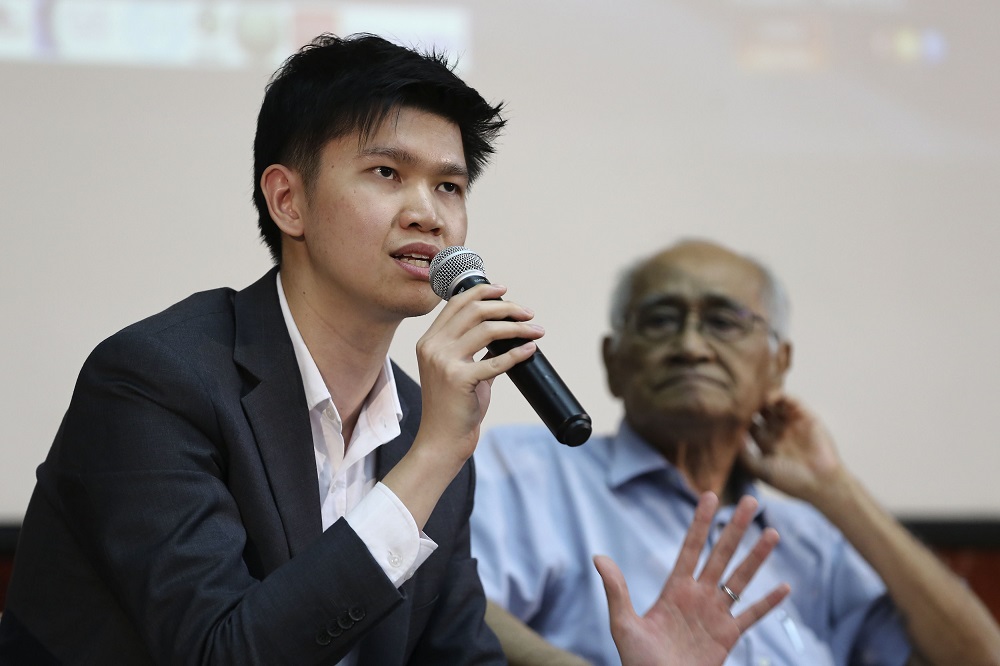
Meanwhile, lawyer Lim Wei Jiet also supports the AG's decision to use the section of the Penal Code.
“There is no need for the government to rely on Section 233, which is too wide and can be prone to abuse. The Penal Code section referred to is narrower and is suitable in these particular instances,” he told Malay Mail.
In Lim's view, fake news ought not to be criminalised though, but the state can criminalise statements or utterances which have an immediate effect of causing public disorder.
“As it stands, I do not see any disadvantages in using Section 505 (b) but perhaps its wording can be further amended in the future to prevent abuse.
“We do not want the government to use the section as and when they please, merely because some express their disgruntlement or unhappiness online. I hope the government will eventually look to a review of the section later on,” he said.
Lim added that charging those who spread fake news which can cause public alarm is a good move, as it indicates that existing laws are sufficient to tackle such instances in which mass panic can be triggered.
“By doing so there is no need to refer back to old Acts like the now-repealed Anti-Fake News Act, so this is an important signal sent out by the Pakatan Harapan government to the public and legal practitioners as well,” he said.
Fellow lawyer Sachpreetraj Singh also welcomed the use of the Penal Code's Section 505 (b) to address the spreading of fake news over the coronavirus outbreak, saying it is a welcome departure from the usage of preceding laws.
“I think the punishment fits the crime under the Penal Code, as opposed to potentially more severe penalties under the Communications and Multimedia Act or otherwise.
“But then again, there is also the possibility of even more severe penalties under the Code, depending on how the judge sees it,” he said.
The AG's statement indicates the government's serious stance in preventing fear from spreading when it comes to the outbreak, Sachpreetraj said.
“Especially under circumstances like these, panic is the last thing we need. So using Section 505(b) is justifiable.
“As for potential cons, it could end up abused if the Section is not exercised judiciously, as in the judge must give a fair and reasoned hearing. Not to mention abused by political figures... that goes without saying,” he said.
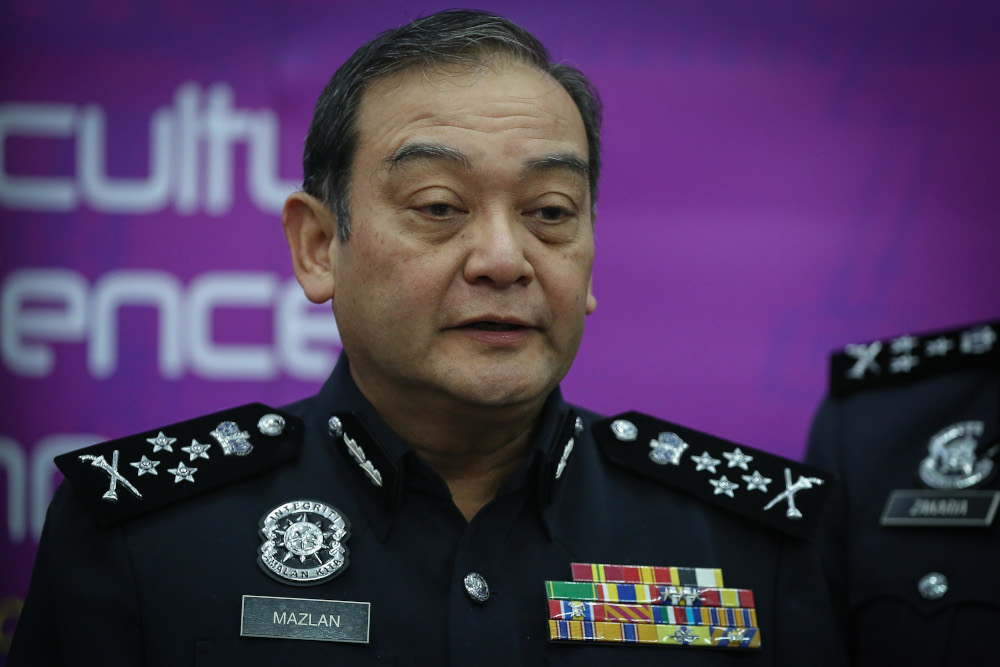
Still, Sachpreetraj said this is a step in the right direction, as it proves the Pakatan administration is “certainly walking the talk.”
“There are relevant laws to address this issue and others like it, as opposed to laws that were formerly in place like the Anti-Fake News Act,” he said.
In a statement on Wednesday, the AG said the Penal Code will be used against those who spread fake news regarding the outbreak, since the Communications and Multimedia Act “does not fit the situation.”
He further argued that freedom of speech excludes the propagation of lies, and that the authorities are determined to prevent the spread of false statements concerning the coronavirus.
On the same day, Deputy Inspector-General of Police Datuk Mazlan Mansor stated that 13 investigation papers have been opened concerning the spread of coronavirus-related fake news.
This comes after senior journalist Wan Noor Hayati Wan Alias was charged with three counts under the Penal Code's Section 505 (b) at the magistrate’s court in Kuala Lumpur, believed to be over her social media posts on the coronavirus outbreak made at the end of last month.
If found guilty, Noor Hayati may face up to two years' imprisonment, a fine, or both.
Yesterday, a trader, Marzuki Abdullah, 40, was also charged with the same offence at the Kuala Terengganu magistrate's court.



